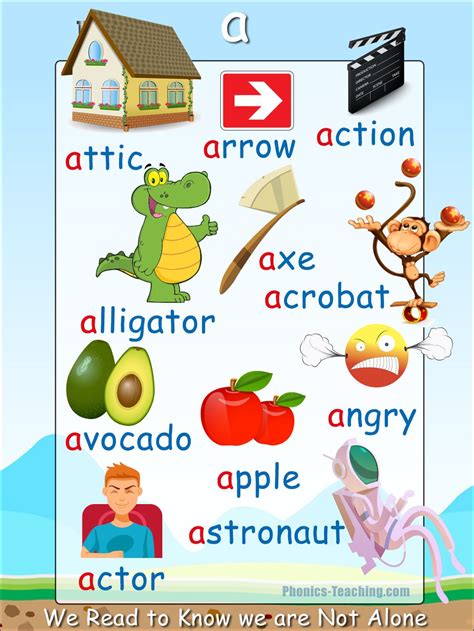If Words Unveiled: A Guide to Their Magic

The world of language is a captivating realm, filled with secrets and stories waiting to be unraveled. Words, those humble yet powerful units of communication, hold within them a universe of meanings, emotions, and connections. In this exploration, we embark on a journey to uncover the hidden depths of words, their origins, and the magic they weave in our lives.
Language is a living, breathing entity, evolving with each passing generation. Words, once born, embark on their own unique journey, adapting to new contexts, acquiring new shades of meaning, and influencing our perceptions. Their evolution is a fascinating dance, a constant negotiation between stability and change.
Beyond their literal meanings, words possess an inherent ability to evoke emotions, paint vivid pictures, and spark imagination. They are the brushes with which we paint our thoughts and ideas, the instruments that give voice to our deepest feelings. With a well-chosen word, a writer can transport readers to distant lands, evoke tears, or ignite passions.
Words are the pen of the soul, the paintbrush of the mind, and the conduit of our shared humanity.
The power of words extends beyond individual expression. They are the building blocks of culture, shaping our identities, beliefs, and values. Words define our rituals, our traditions, and our shared experiences. They are the threads that weave the rich tapestry of human society, connecting us across time and space.
However, words can also be deceptive, their meanings susceptible to misinterpretation or misuse. The nuances of language, its idioms, and its cultural references can pose challenges for those navigating unfamiliar territories. A single word, depending on context or tone, can carry vastly different implications, leading to misunderstandings or unintended consequences.
Consider the word ‘awful.’ In its original meaning, derived from Old English, ‘awful’ referred to something that inspired awe or reverence. Over time, its usage evolved, and now it is more commonly associated with something unpleasant or terrible. This evolution of meaning highlights the delicate balance between words and their intended interpretations.
In the digital age, with the proliferation of online communication, the nuances of language have become even more crucial. Misinterpretations are common, leading to misunderstandings, hurt feelings, or even conflicts. The absence of non-verbal cues, such as tone of voice or facial expressions, can make it challenging to convey the intended meaning accurately.
Despite these challenges, words remain our most powerful tool for connection and understanding. They are the bridges that span the chasms of difference, enabling us to share our thoughts, experiences, and emotions with others.
As we navigate the intricate web of language, it is essential to approach words with curiosity, openness, and a commitment to understanding. By exploring their origins, nuances, and cultural contexts, we can unlock the full potential of words and harness their magic to enrich our lives and deepen our connections with others.
So, let us embark on this linguistic journey, delving into the depths of words, their histories, and their endless possibilities. May we appreciate the magic that lies within each word and use them with care, respect, and creativity.
How do words evolve over time, and what factors influence their transformation?
+Words evolve through a complex interplay of social, cultural, and technological factors. Changes in society, such as shifts in power dynamics, technological advancements, or cultural trends, can influence the meanings and usage of words. Additionally, words can borrow from other languages, adopting new meanings or pronunciations. The evolution of language is a dynamic process, driven by the needs and experiences of its speakers.
Can words truly convey the depth of human emotions and experiences?
+While words are powerful tools for expression, they can sometimes fall short in capturing the full spectrum of human emotions and experiences. Language, by its nature, is limited and imperfect. However, through the use of metaphor, symbolism, and creative language, writers and speakers can evoke powerful emotions and create profound connections. It is in the artful use of words that we find the closest approximation to the richness of human experience.
How can we improve our understanding and interpretation of words, especially in diverse cultural contexts?
+Improving our understanding of words requires a combination of linguistic knowledge, cultural awareness, and empathy. Learning about the origins and evolution of words can provide insights into their nuances and cultural significance. Additionally, being mindful of context, tone, and non-verbal cues can help us interpret words more accurately. Building cultural competence and embracing diversity can also enhance our ability to navigate the complexities of language.
What role do words play in shaping our identities and social dynamics?
+Words are powerful tools that shape our self-perception and how we present ourselves to the world. They influence our sense of belonging, our relationships, and our social standing. The words we choose, the language we use, and the stories we tell about ourselves and others can reinforce or challenge existing power structures and social norms. Words have the potential to empower, inspire, and unite, but they can also be used to marginalize, discriminate, and divide.


